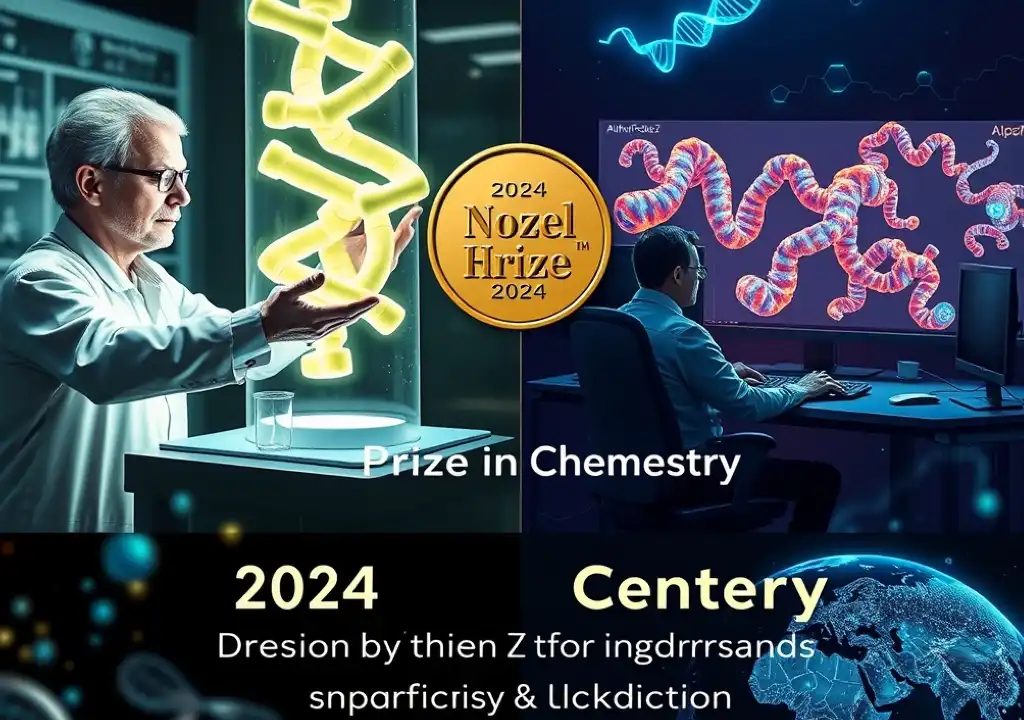David Baker, John Jumper, and Demis Hassabis have been awarded the 2024 Nobel Prize in Chemistry for their pioneering work on proteins, the fundamental building blocks of life present in every cell. The Royal Swedish Academy of Sciences announced on Wednesday that the prize was split, with Baker receiving half for his advancements in computational protein design, and Hassabis and Jumper sharing the other half for their development of protein structure prediction.
Baker’s Revolutionary Protein Design
David Baker, a scientist at the University of Washington in Seattle, was recognized for his groundbreaking work in creating entirely new proteins. His computational tools have empowered scientists to design proteins with novel shapes and functions, offering limitless possibilities in science and medicine.
Hassabis and Jumper’s AI Breakthrough
Demis Hassabis and John Jumper, researchers at Google DeepMind in London, were awarded for their use of artificial intelligence to solve a problem that had stumped scientists for decades: predicting the complex 3D structures of proteins. In 2020, they cracked this problem using their AI model, AlphaFold2, enabling the prediction of nearly any known protein structure.
Impact on Science and Medicine
The laureates’ accomplishments fulfill long-held dreams in chemistry. Hassabis and Jumper’s AlphaFold2 has allowed for the calculation of the structures of all human proteins, as well as most of the 200 million proteins identified from Earth’s organisms. This breakthrough has aided over two million researchers worldwide and has been instrumental in areas such as understanding antibiotic resistance and creating enzymes capable of decomposing plastic.
Baker’s work on designing new proteins has also opened doors to the development of pharmaceuticals, vaccines, nanomaterials, and sensors. His work stands as a testament to the power of computational methods in understanding and manipulating the essential components of life.
The Path Ahead for Protein Research
Heiner Linke, chair of the Nobel Chemistry Committee, highlighted how these advancements have provided researchers with powerful tools to explore the chemical mechanics of life itself. The research promises far-reaching implications, from advancing healthcare to improving environmental technologies.
The Nobel prize comes with a cash award of 11 million Swedish kronor ($1 million) and will be presented alongside a medal from the Swedish king on December 10. This prestigious award, first presented in 1901, celebrates accomplishments in medicine, physics, chemistry, literature, and peace.

